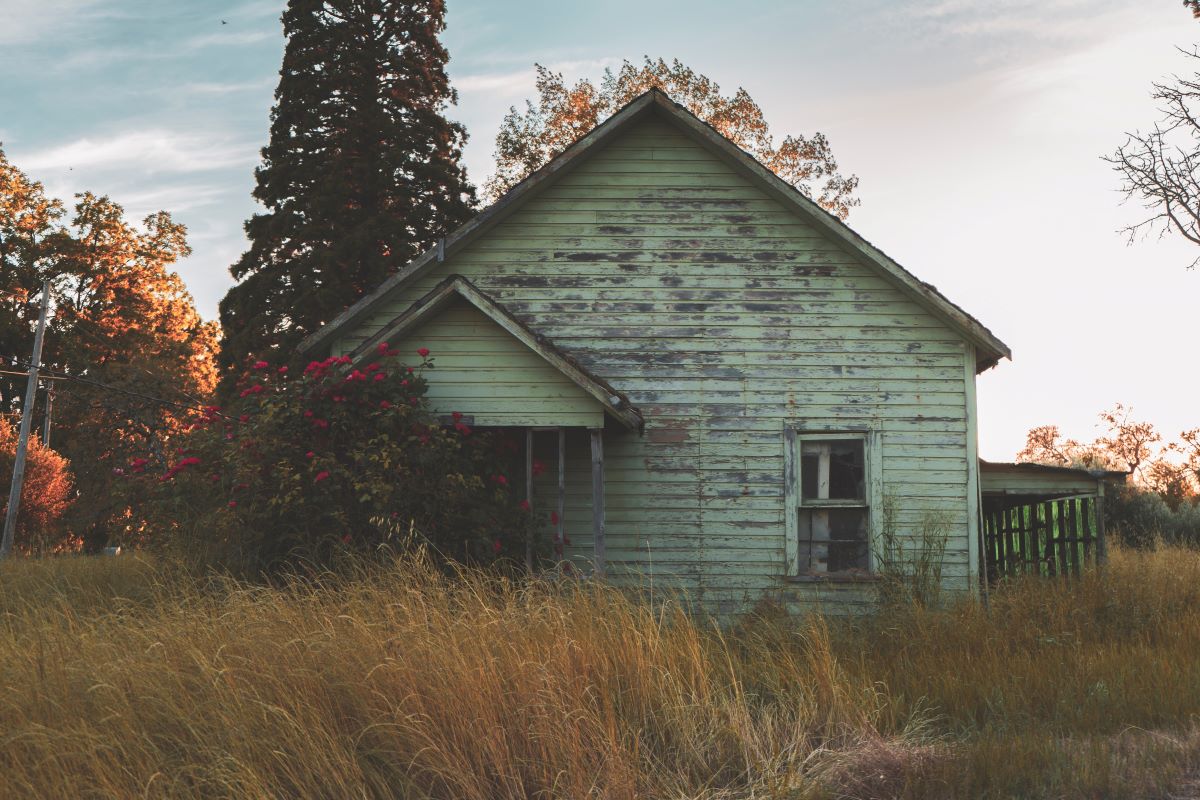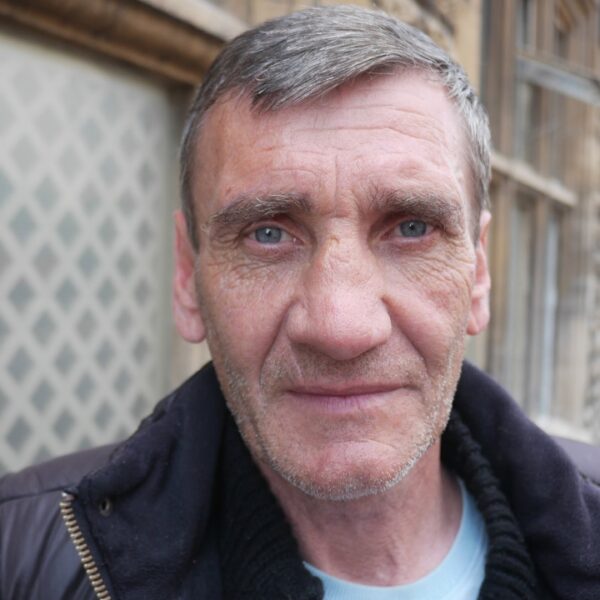And You Can Join Them From Anywhere
Have you ever walked by empty houses, abandoned buildings, or disused lots in your city and thought to yourself, “this should be housing”?
It’s no secret that many living spaces across the nation sit empty each night, even as people sleep unsheltered on the streets. A lot of these places may even be in your neighborhood!
Activists in Halifax, Nova Scotia, noticed this seeming paradox and decided to do something about it. They created a tool at ThisShouldBeHousing.com that allows anyone to put a pin in a location to denote a place that should be housing but isn’t… yet.
Sounds Cool, But I’m Nowhere Near Nova Scotia
You don’t need to be! The great part about this online tool is that you can use it from anywhere to make note of the usable spaces you’ve seen in your hometown or other places you’ve visited.
There are currently pins in several cities surrounding Halifax. They point to various locations, including vacant churches destined to be demolished, parking lots, houses that have been empty for years, disused federal museums, former post offices, and a few public lands.
Ok, But What Does This Actually Accomplish?
One of the complaints that’s often heard whenever new affordable housing initiatives are proposed is, “but where are we going to put it?” This project helps to answer that question and counter the perception that there simply isn’t room to house all the people who need to be housed.
It turns out that when you really look, there are opportunities for affordable housing all around us every day. It’s quite something to look at a map and see all the little dots and imagine them as happy homes and apartments rather than abandoned lots and empty buildings waiting to be torn down by a developer.
Surely NIMBYs can’t complain about taking eyesores in the community and turning them into functional housing, right? If anything, that would improve their precious property values! (Just kidding, we already know they can and will complain about anything and everything if it involves poor people.)
Putting the project back into its original context, it’s also a response to a specific situation unfolding in the small Nova Scotian city of Halifax.
Homeless in Halifax
Officials in Halifax, Nova Scotia, are struggling to respond to the growing homeless population in the city, which has now surged up to an estimated 562 people. This is quite a large number for a city with only 200 shelter beds. So, various proposals have been put forth to determine the best way to provide shelter for all of these people who are currently unhoused.
The proposal gaining the most traction involves setting aside certain public parks as overnight camping spots for people to pitch their tents and sleep unbothered for the night. Eleven parks offer overnight stays from 8 pm to 8 am, while five others are designated for longer-term stays.
However, several local activists are questioning this plan and saying it misses the point. Overnight tent camping isn’t the most comfortable or safe in a city with such cold and snowy winters, and the rainy summers aren’t much better. Plus, there is a fear that having designated camping spaces will lead to the criminalization of people sleeping in other areas, forcing people into the city’s camping areas that may or may not be safe, convenient, or comfortable. Based on the camping bias we’ve seen take hold in cities across America, this seems like a very reasonable fear.
Advocates argue that it doesn’t make sense to spend all of a city’s resources and energy on such a small improvement when they could make a lot more impact by using a different solution and thinking outside the box a bit.
For example, repurposing existing vacant buildings into affordable housing could provide more people with a better-quality housing option. Because of the city’s relatively small size and population level, this is a viable solution that could be implemented quickly with the same level of energy and resources.
Thus, ThisShouldBeHousing.com was born.
The Affordable Housing For All Plan
ThisShouldBeHousing.com also supports the Housing For All plan, which front-line workers and advocates wrote to create 30,000 housing units at the cost of $531 million each year for 10 years plus about $161 million a year for operating spending. This amount of housing would be enough to house everyone currently unhoused in Nova Scotia and those whose current housing is unsafe, unsuitable, or unaffordable. It’s a comprehensive plan to ensure that every person in Nova Scotia can access safe, adequate, permanently affordable, and secure housing.
To accomplish this, the proposal relies on public, non-market affordable housing funded by general revenue since the current reliance on market housing has clearly not been working. It’s a comprehensive, well-thought-out proposal that I hope gains traction and can serve as a model in other provinces and internationally.
Another Tool for Advocacy
For advocates in Halifax and elsewhere, if you’ve already called, emailed, and written to your representatives to let them know that you’d really like to see some new affordable housing options in your area, maybe it’s time to get a little more specific. You could use this handy online tool to deliver a detailed map of exactly where this affordable housing you propose could go.
For decades, real estate developers have been accustomed to controlling what kind of projects are built where and when. But tools like ThisShouldBeHousing.com at least give everyday people a language to let their representatives know how they want to see land used. And in a battle of wills against the multimillion-dollar net worth real estate tycoons, we need all the help we can get.













